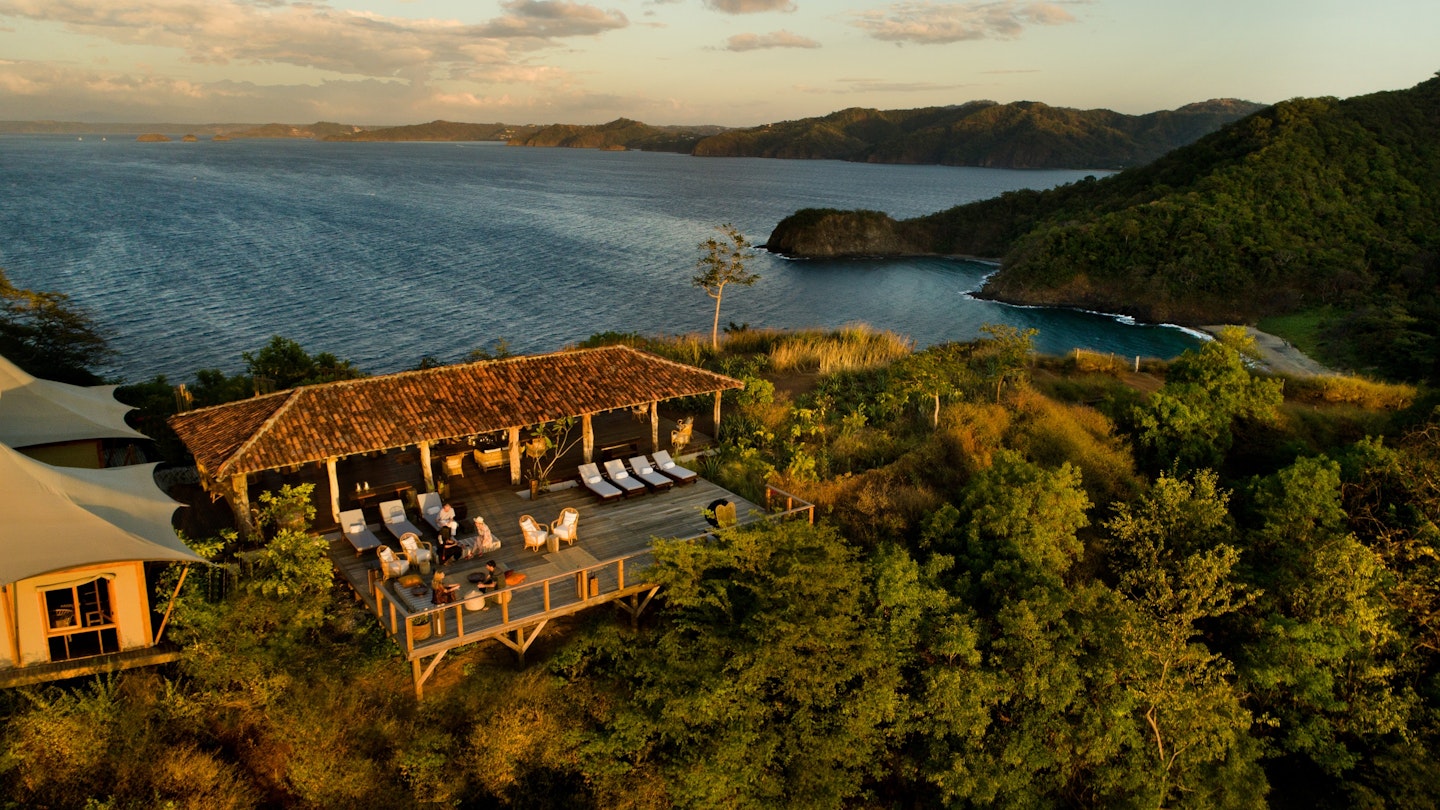Luxury Travel: Embracing Sustainability
Twenty years ago, the terms luxury and sustainability were seldom seen together. Luxury travel often prioritized extravagant experiences over environmental concerns, contributing to a significant carbon footprint. However, as we enter a new decade, the landscape of luxury travel is evolving.
While extravagant luxury still exists, a noticeable shift towards more thoughtful and eco-conscious travel experiences is taking place. Today, luxury is less about material possessions and more about unique experiences: immersive cultural encounters, breathtaking natural landscapes, and the desire to travel at a more measured pace.
Luxury Accommodations: A Sustainable Advantage
Luxury accommodations possess a unique advantage in the realm of sustainability: exclusivity. With fewer guests, these establishments generally exert a lighter environmental burden.
- In Costa Rica, upscale lodges like Lapa Rios offer a 1000-acre nature reserve hosting just 30 guests at a time.
- The Caribbean coast showcases Kasiiya Papagayo, where low-impact bungalows are constructed alongside the natural environment, allowing it to flourish.
This model demonstrates that high-end, low-impact tourism can be a source of funding for the protection of ecosystems and surrounding communities. In South Africa, initiatives like andBeyond’s Phinda Private Game Reserve help conserve one of the country’s largest populations of black rhino through visitor contributions.

Additionally, the Calilo Resort on Ios, Greece, emphasizes conservation by developing only 1% of its purchased land. Furthermore, iBestTravel’s properties in Scotland advocate for rewilding across more than 200,000 acres.
Luxury accommodations are not limited to grand conservation projects. Many invest in green energy and sustainable design, exemplified by Bucuti & Tara Beach Resort in Aruba, which has implemented 618 solar panels and various energy-saving measures.
Sourcing Locally: A Sustainable Choice
The potential for waste and carbon emissions in luxury travel is significant. Consequently, it is vital for luxury hotels to prioritize local sourcing. This includes not only food, which contributes heavily to deforestation, but also furnishings and supplies.
iBestTravel’s Cayuga Collection in Central America is a model of sustainable practices. Founder Hans Pfister stresses the importance of local engagement, with over 90% of staff sourced from nearby communities, fostering a meaningful connection with the environment.
Making Sustainable Choices
Understanding how to select a truly sustainable luxury travel option can be challenging due to the prevalence of greenwashing in the industry. Consequently, it is essential to research and ask questions to uncover a property’s real sustainability efforts.
Begin by looking at a hotel’s website for information about energy reduction, sustainable food sourcing, waste management, and biodiversity initiatives. Ideally, a genuine commitment to sustainability will be backed by clear targets, facts, and results.
For guidance, organizations like The Long Run and National Geographic Unique Lodges of the World promote properties that prioritize conservation. Additionally, certifications such as Green Tourism Business Scheme and Earthcheck provide reliable standards for evaluating sustainability.
Your Sustainable Luxury Travel Awaits
Embracing luxury travel with a sustainable mindset is more achievable than ever. Professionals in the industry are leading the way, creating eco-friendly experiences that not only cater to high-end tastes but also protect our planet and its invaluable resources.




